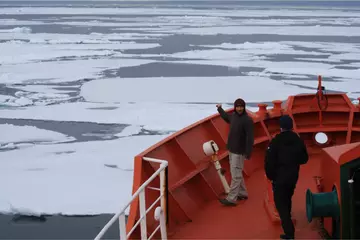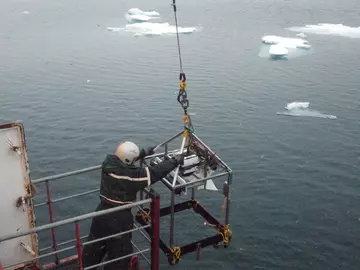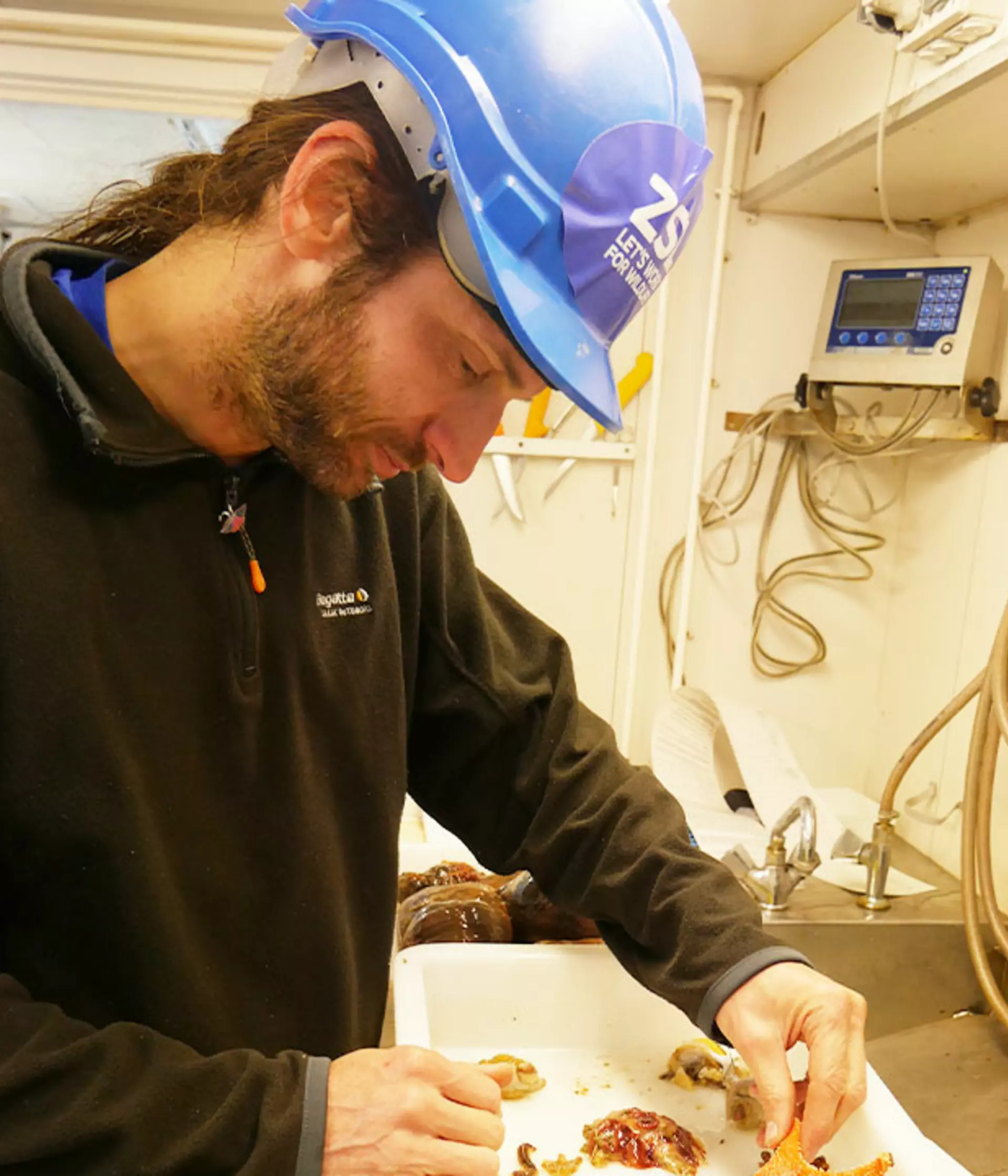
Benthic ecology
Fishing impact
Cold water corals
Kelp
Institute of Zoology,
Zoological Society of London,
London,
NW1 4RY
The seabed is home to a diverse array of marine life.
Much of this life is dependant on the habitats formed by both plants and animals such as seaweeds, corals and sponges. Habitats such as kelp forest and coral reefs are important for people too benefiting fisheries, tourism and coastal defences (amongst many other things).
However, life on the seabed is impacted by a wide variety of human activities including fishing and climate change. Our understanding of these impacts (both to the habitats and their benefits) is limited by our fundamental knowledge of these habitats including their distributions, connections and ecology.
We have been working in the UK, Greenland and other areas, using a range of survey techniques, including a variety of camera surveys, to examine temperate and polar seabed habitats such as kelp forests and cold-water coral fields.
We are using this information to map and describe seabed habitats and assess their vulnerability to activities such as trawling. We have worked closely with the fishing industry in Greenland to provide vital information for the sustainability assessments of economically important fisheries. We have also been working closely with the Sussex Kelp Recovery Partnership in the UK to monitor and promote coastal habitat recovery.

I would like to see more people engage with marine habitats as the more we know the more we will care about them.
I hope we can find ways to protect marine areas in ways that allow important economic activities to continue and thrive in a sustainable way.

Please drop me an email if you're interested in conducting a research project (bachelors, masters, doctoral) on seabed habitats.
